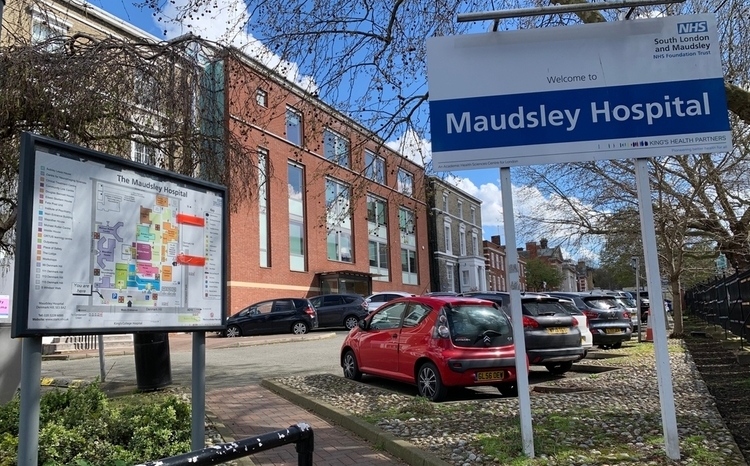20,000 SCRs viewed via Adastra system
- 29 June 2010
More than 20,000 Summary Care Records have been viewed out-of-hours via the integrated solution provided by software supplier Adastra.
The company said the figures covered viewings at the three early adopter sites in Bolton, Bury and Medway, where SCRs are available for the majority of the population.
Dr Alex Yeates, medical director for Adastra, said the 20,000th viewing was recorded over the weekend by a doctor working at night in one of the three centres.
He told EHI Primary Care: “Although it’s only a number, it is a milestone which shows that in these three areas it is now becoming normal to have that record available and to view it when needed.”
The figures show that 95,000 records have been downloaded – an automatic function that happens when a patient with an SCR calls the out-of-hours service.
They also show that clinicians have chosen to view the SCR in 20,000 cases.
The one in five hit rate that echoes the findings of UCL’s recently published evaluation of the SCR and HealthSpace, which found records were viewed when available in 22% of cases.
Results from the latest survey of out-of-clinicians, conducted by Adastra from 2-17 June, shows that 69% of the 53 clinicians who took part had used the SCR on the day they responded to the survey.
Almost two thirds – 61% – felt the SCR had increased safety in treating patients, 34% said it helped inform clinical decision making, and 21% said it affected their prescribing decisions.
Dr Yeates added: “A lot of calls out-of-hours are really straightforward; simple things like sore throats and colds for which you don’t need to access the SCR. But when you are speaking to an elderly person on maybe ten different medications it is really helpful to have that information there.”
Dr Yeates said SCRs were downloaded as patients rang in and were identified by the Personal Demographics Service.
SCRs are only available to clinicians who have logged into the system with a smartcard, are authorised to work that session and have asked the patient’s permission. SCRs are deleted at the end of the session.
Dr Yeates added: “As far as I am aware, no patient with an SCR has ever said no to a request to view their record by an out-of-hours clinician.”
Dr Yeates said he hoped the SCR would continue and argued that in areas like Bolton, Bury and Medway the benefits were now starting to exceed the costs.
“It would be absolutely daft to stop it now when the benefits are starting to increase.”
Dr Simon Collins, clinical lead for Medway OnCall Care (Medoc), which is one of the three early adopter sites, said he felt many GPs did not appreciate the usefulness of the SCR because they no longer worked out-of-hours.
Dr Collins added: “It’s a great improvement. If doctors expect us to look after their patients out-of-hours – which is 70% of the time – then I think it’s unfair not to have this information available.”
Dr Collins said he hoped that in a couple of years time past medical history and recent consultations would also be available to view which he argued would increase patient safety.
He added: “I know there are going to be cutbacks in the NHS but this is a quality and safety issue.”




